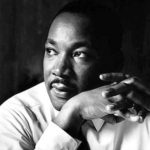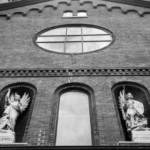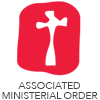My Disciplines for Lent
For Lent I decided to Engage – rather than abstain or fast. Here’s my Lenten Rhythm: Divine Office – I downloaded an iPhone app of the Catholic Divine Office called Universalis.com. The Office includes Morning Prayer (Lauds), Mid-Morning Prayer (Terce), Midday Prayer (Sext), Afternoon Prayer (None), Evening Prayer (Vespers) and Night Prayer (Compline). I only engage in Morning, Midday and Evening Prayers. Each of these offices include the Introduction “O God, come to my aid…” first Psalm, Canticle, second Psalm, Short Reading, Short Responsory, Canticle (Benedictus in the Morning and Magnificat in the Evening), Prayers and Intercessions (includes the Lord’s Prayer) and then a final Blessing. Whew. My dream of reading all the Psalms each cycle however will not occur without reading all the Office hours including one called Vigils, which for some monks happens at 3:15 a.m. Maybe I will add the other three offices that I am missing. Spiritual Order – Lakeland is underway with a Lenten Challenge prescribed under the auspices of a select group of Lakelanders who are attempting to be vocational pray-ers. I won’t list the details of the Order but it is rigorous – highly demanding disciplines and accountability. I will present this stuff sometime during Lent here. Soul Patch – Whadda? Yep it is back. A few years ago I tried to grow a soul patch during Lent – took my three...
Read More





